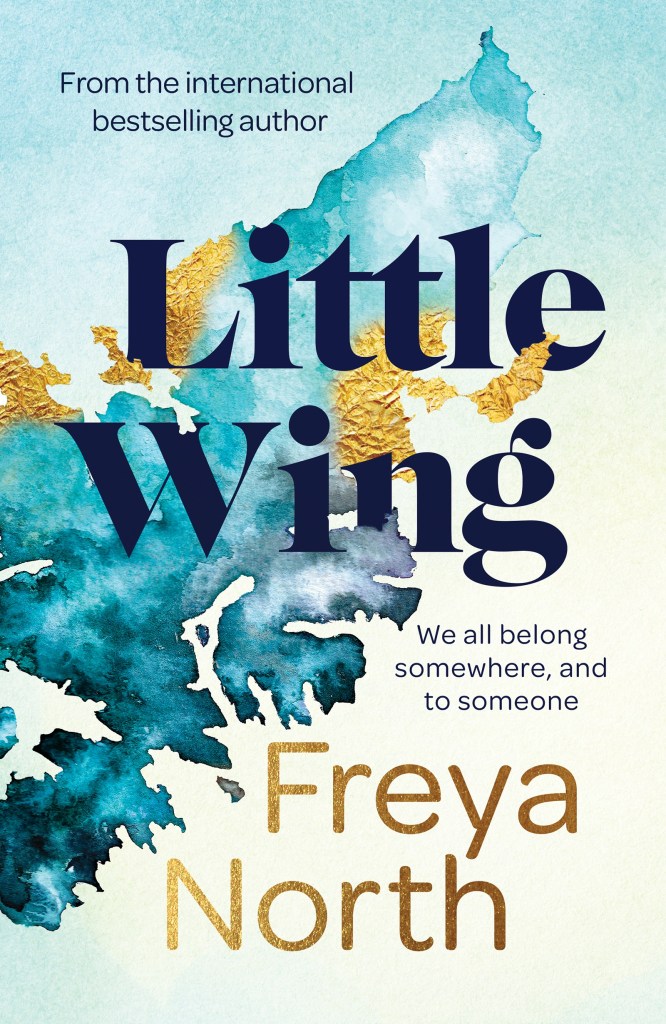I was drawn to this novel by by the setting. Not only the rural Scottish village but the creepy old house, a large manse that dates back centuries and a history including blood-thirsty reprisals during the Jacobite rebellion. It’s bound to be haunted, and yes the opening sentence of Chapter One is ‘The Manse is watching me.’
The narrator of the story is Aisla Calder who has taken a break from her high-powered job based in London as a television news producer, following the death of her mother. She’s been left an old house in her mother’s will, but she is unable to sell it because the Manse is co-owned by Martin Calder, her father, who walked out on his family when Aisla was a child. He hasn’t been seen since and nobody knows if he is dead or alive. Also missing is the packet of diamonds he was carrying for the company he worked for. It’s all very suspicious.
Each chapter begins with an imaginary account of where he might have got to, while Aisla sets in motion the legal proceedings to prove that he’s dead. After living in the Manse a short time, she’s somewhat reluctant to stay. Thank goodness her sister Carrie has agreed to come to keep her company while she sorts things out. Carrie is a bright young actress in a play a commuter train’s ride away in Edinburgh, but there is a strain between them. Carrie can’t quite forgive Aisla for not being around as she grew up, not coming to see her on stage.
It’s bad enough having to deal with all the family stuff, the loss of a mother who was a terrific artist, but not at all loving, of an unsupportive relationship with a top TV news reporter, and having to negotiate the tricky waters of living with her sister. But there’s creepy stuff happening at the Manse too. Her neighbour, friendly Jamie drops in unannounced to explain about his weird sister, Fiona, who has a fascination with the place. It’s best she has her locks changed.
I want to feel that I am me, created from pure air, my genes unsullied by ancestry. I want to feel that my thoughts and reactions and decisions are mine and mine alone. But being here, in Scotland, in the Manse of all places, has me feeling the weight of my DNA, of the history and memories and behavioural patterns it carries. Of the impact it has had, or might yet have, on what I think of as me.
Aisla finds in the attic some old photos from before Aisla was born showing Jamie’s parents and her own – obviously friends. But what are those aerial maps all about? And then there are hostile locals to deal with – openly abusive old Morag – and nasty things left on the doorstep. The house doesn’t seem to like Aisla much either – the heating turns itself off, the smoke alarm goes in the middle of the night and the bathroom door keeps banging. Aisla was sure she’d closed the window.
An intelligent woman in her thirties, Aisla should be able to deal with a lot of this stuff rationally. But she’s always so tired and the emotional events of recent weeks have taken a toll. This all adds to the tension as things get more and more worrisome. She’s made friends with other locals, the handsome Ben who’s a bit of a player among them, and talks to Jamie’s father who was the policeman who investigated Martin Calder’s disappearance. If only Carrie hadn’t become so chummy with weird Fiona. It’s as if there’s no one she can really trust and as a reader you can’t help wondering which if them is plotting against Aisla. Elliott instills a nice undercurrent of menace.
It all builds to a dramatic, nail-biting showdown with the malefactor, the house creating an eerie backdrop, to say nothing of the Scottish weather. The Missing Years is a satisfying story, a brilliant psychological thriller, a breezy, engaging read that’s also nicely written. It’s sure to please fans of Ruth Ware and Clare Mackintosh. I’m keen to read more by Lexie Elliott – it’s hard to resist a title like How to Kill Your Best Friend. This novel gets four out of five stars from me.








